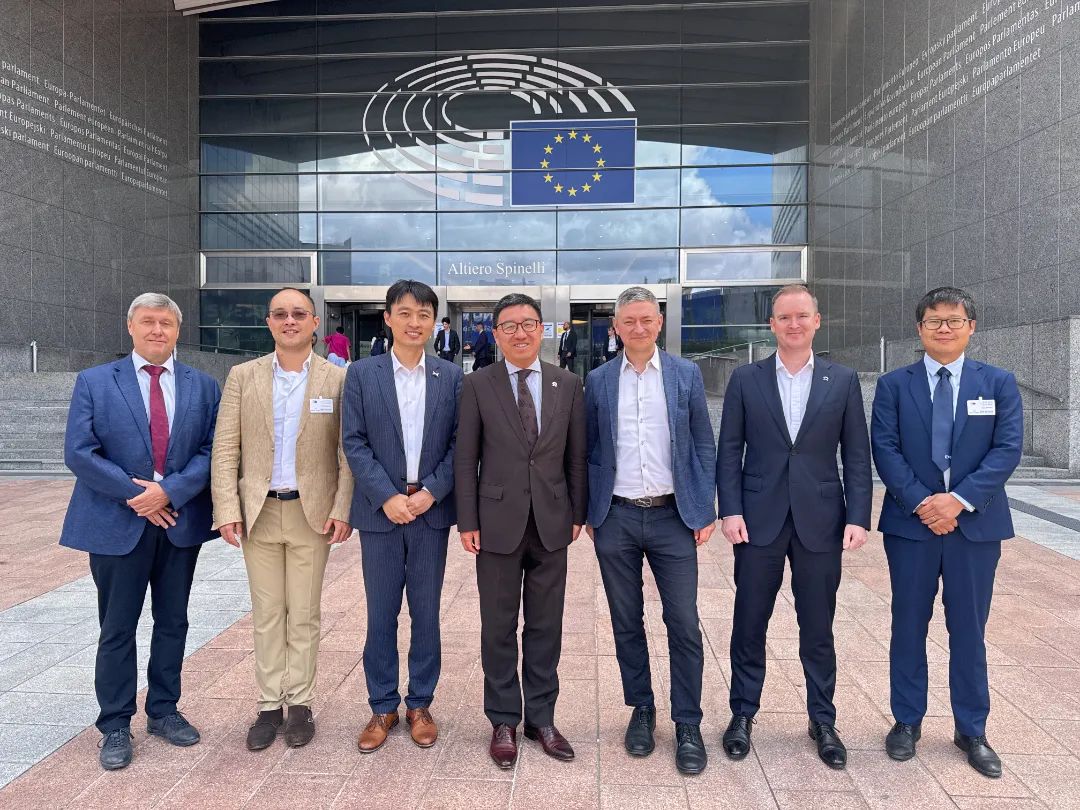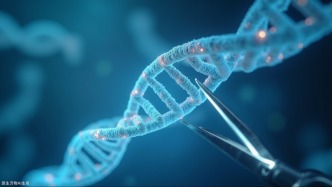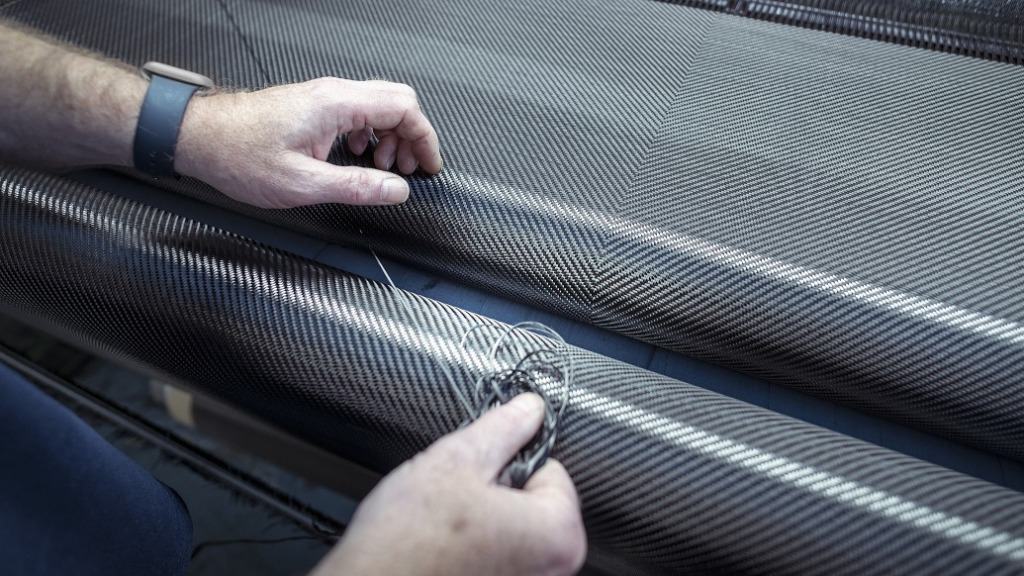
On July 15 and 16, the Automotive Working Group of the European Chamber of Commerce in China held working exchanges in Brussels with officials from the cabinet of European Commission Trade Commissioner Šefčović and Chairman of the European Parliament's International Trade Committee Bernd Lange.

This was the first formal meeting between the Automotive Working Group of the European Chamber of Commerce in China and the two major EU institutions since its establishment in February this year. The delegates were led by Zhang Hui, Chairman of the Automotive Working Group, and six members from NIO, Xpeng Motors, Xiaomi, EVE Energy, Guoxuan High-tech, and China Automotive Research Institute Europe attended the meeting.

The representatives of the Automotive Working Group at the meeting focused on the following three topics for in-depth discussion with the European side:
1. Impact of global trade changes on EU policies
The Automotive Working Group of the European Chamber of Commerce in China expressed concerns about the possible "spillover effects" of global trade tensions on the EU's policy direction, especially whether the EU will shift from "de-risking" to "decoupling" under pressure, whether Chinese products will be seen as "roundabout exports" and face restrictions, and the impact of potential trade frictions between Europe and the United States on the stability of the European market.
2. Tariff Policy on Electric Vehicles in China
The Automotive Working Group of the European Chamber of Commerce in China pointed out that there is an obvious contradiction between the EU's current measure of imposing tariffs on Chinese electric vehicles and its climate goals.
Chinese automakers provide competitive zero-emission transportation solutions in Europe and deserve fair and equitable market access. The industry is paying close attention to the progress of the "minimum price commitment" negotiations and expects China and Europe to reach positive results to increase certainty in bilateral and international economic and trade cooperation.
III. The Environment and Prospects of Chinese Investment in Europe
The Automotive Working Group of the European Chamber of Commerce in China expressed concerns about the increasing uncertainty in the policy tools such as the Foreign Subsidies Regulation (FSR) and the FDI Screening mechanism issued by the EU. It is hoped that the EU will fully listen to the opinions of all parties in the industry before issuing specific measures in the Automotive Industry Action Plan to ensure that the policies are transparent and fair and to protect the normal development of Chinese companies operating legally in Europe.
The European Commission's Cabinet of Ministers Šefčović and the Chairman of the European Parliament's International Trade Committee, Lange, had candid, friendly and constructive communication with the representatives attending the meeting on the issues of concern to the Automotive Working Group, and expressed their willingness to continue to communicate with the EU China Chamber of Commerce and other working groups including the Automotive Working Group.


